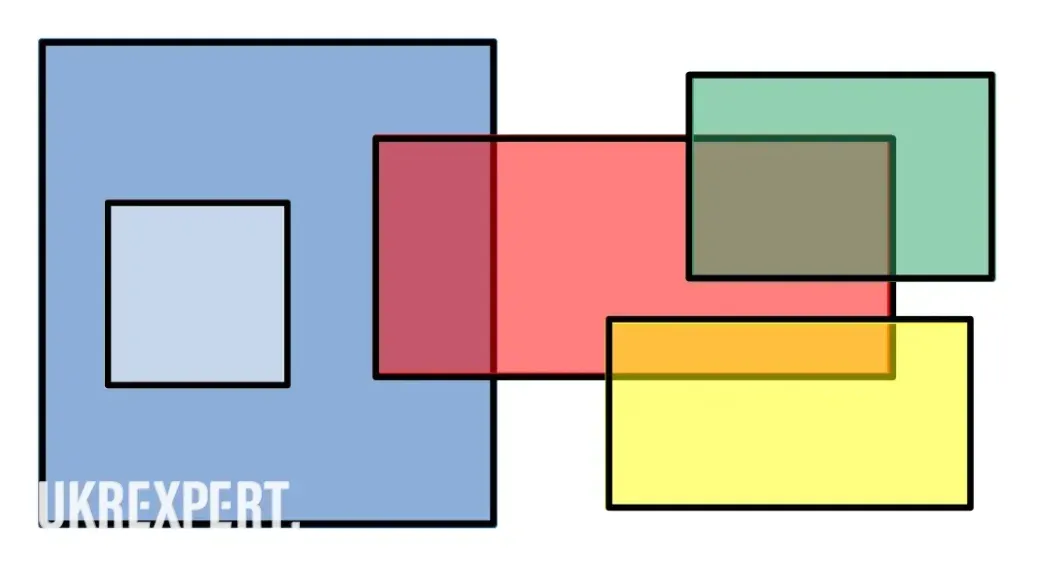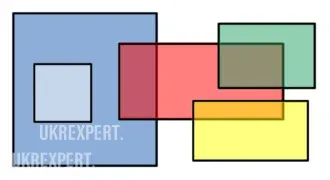
How to find the area of a rectangle

Read also our article: Expert: who is it? Description, general meaning of the term. How to become an expert in your field.
A rectangle is one of the most common geometric shapes found in everyday life and in mathematics. The area of a rectangle is a number that shows how many square units fit inside the shape. In this article, we will look at how to find the area of a rectangle in different ways, as well as give examples of problems involving area calculation.
What you will learn:
- The formula for calculating the area of a rectangle.
- How to find the area of a rectangle if you know the length and width.
- How to find the area of a rectangle if you know the other parameters of the shape.
- Units of measurement for the area of a rectangle.
How to find the area of a rectangle – formula
The area of a rectangle is equal to the product of its length and width. Formula:
S = a * b
Where:
- S – is the area of the rectangle
- a – the length of the rectangle
- b – the width of the rectangle
Examples of problems on calculating the area of a rectangle
In this unit, you will find examples of problems on calculating the area of a rectangle that will help you consolidate your knowledge and learn how to apply it in practice.
Task 1
A rectangle has a length of 5 cm and a width of 3 cm. What is its area?
Solution: S = 5 cm * 3 cm = 15 cm²
Answer: The area of the rectangle is 15 cm².
Task 2
The side of the square is 4 cm. What is the area of the square?
Solution: Since a square is a rectangle with equal sides, the length and width of the square are the same.
S = 4 cm * 4 cm = 16 cm²
Answer: The area of the square is 16 cm².
Bottom line.
To find the area of a rectangle, multiply its length by its width. A square is a rectangle with equal sides. Area units: cm², m², km², etc.
Questions and answers
The area of a rectangle is the number of units of space occupied by the rectangle. The formula for calculating the area of a rectangle: Area = length × width. Length and width must be expressed in the same units.
Area can be measured in different square units, such as square centimeters (cm²), square meters (m²), or square kilometers (km²). The choice of units depends on the size of the rectangle and the context of the problem.
The author of the Portal UKRexperts
Співпраця - текст
We are sure that knowledge should be accessible to everyone, and that is why UkrExperts strives to be your first choice when it comes to enriching intellectual potential.



